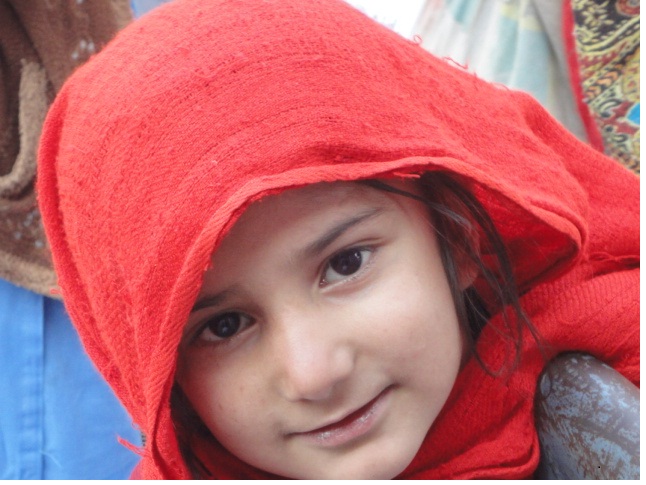


Legislation That Works
Legislation That Works
Legis promotes rule of law and respect for fundamental human rights and lays the foundations for more peaceful and prosperous societies. To do this, we equip people to use law as a catalyst for social change, and we empower people to build institutions that support collaborative action across economic, sectarian, and party lines.
Our experts, advisors, and instructors have worked in over 40 countries, including developed, transitional, post-conflict, and developing polities with a range of legal traditions -- common law, continental law, customary law, and sharia.
Trade and Economic Development
Effective law protects natural resources and promotes thriving economic development, trade, and agriculture.
Law, Governance and Judicial Reform
Well-designed institutions and laws are evidence-based and contribute to stability by serving the needs of people in society.
Human Rights, Education and Health
Law developed through collaborative mechanisms solves problems that stand in the way of human flourishing.

Law That Works
Evidence-based, implementable law and consultative institutions
that solve the problems that contribute to poverty and conflict
Law That Works
Evidence-based, implementable law and consultative institutions
that solve the problems that contribute to poverty and conflict
Our programs equip parliaments, governments, courts, economic leaders, and members of civil society to improve the quality of law and institutions. By doing so, together they can solve problems and contribute to vibrant, healthy societies.
We offer systematic processes and tools, grounded in the legislative problem-solving method, for designing institutions and developing laws that eliminate the causes of long-standing social and economic problems.
Our approach provides a common framework that all participants in law development, reform, implementation, and evaluation can use. As a result, people who have long focused only on their disagreements can begin to use common language and processes for the shared work of finding evidence to guide problem-solving.
This integrated approach, with tools customized to the needs of different participants, re-orients debates about problems toward searches for solutions.



